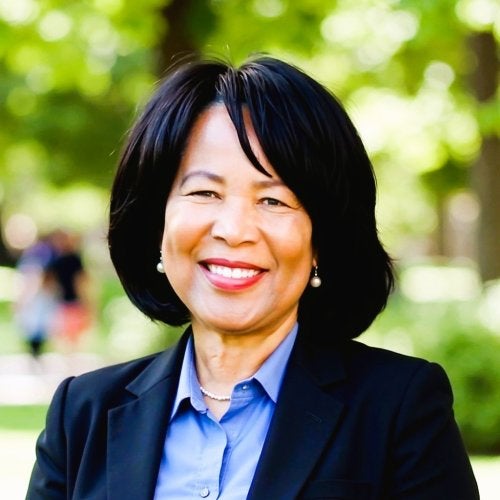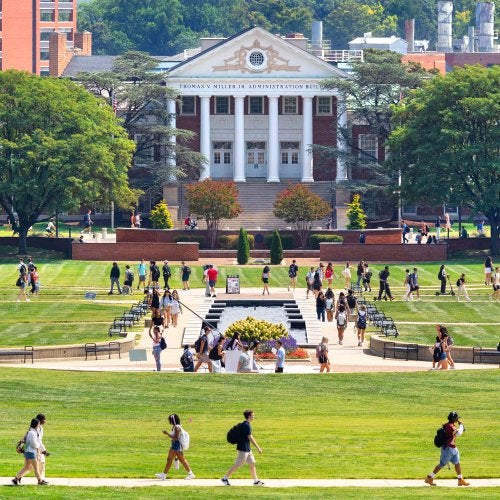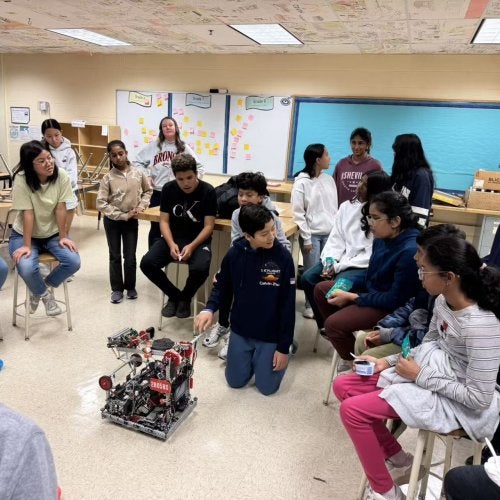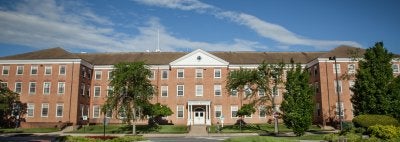

College of Education Welcomes New Faculty
The University of Maryland College of Education is pleased to welcome nine talented scholars and educators to our faculty. Our new colleagues bring expertise in a wide range of topics, including teacher development, equity and inclusivity in bilingual education, early intervention for students with autism, and socioeconomic disparities in language and literacy development—issues that are both important and timely. Please join us in welcoming the newest members of our faculty community.
Department of Teaching and Learning, Policy and Leadership (TLPL)
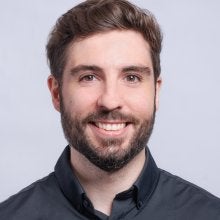
Clinical Assistant Professor and World Language/Dual Language Program Coordinator
Department: Teaching and Learning, Policy and Leadership
Alma Mater: University of Iowa
Antonio Alejandro Pérez Belda’s research focuses on equity and inclusivity in bilingual education, and in teacher education training. He aims to contribute to the body of work in the development of culturally and linguistically responsive literacy curriculums in dual language education.
“My long-term goal is to contribute to justice in education through grassroots movements that encourage local members of the community to actively participate in education systems. I look forward to connecting with local communities and to start/continue recruiting programs to encourage students to work for their community, to apply their bilingual skills, and to pursue a career in bilingual teacher education.”
Department of Human Development and Quantitative Methodology (HDQM)
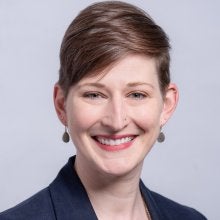
Assistant Professor
Department: Human Development and Quantitative Methodology
Alma Mater: Harvard University
Rachel Romeo directs the Language, Experience, and Development lab and holds an appointment in the department of Hearing and Speech Sciences and affiliation with the Neuroscience and Cognitive Science Program. Dr. Romeo's research examines how children’s early experiences—both favorable and adverse—influence their neurocognitive and academic development, with a primary focus on the causes and consequences of socioeconomic disparities in language and literacy development.
“As a speech language pathologist, I mostly worked in underserved schools, and became more interested in how children's early life experiences shape them into different people with different strengths and struggles. Although educational neuroscience is still a very young field, I find it really exciting and rewarding to be involved and contribute to this critical body of knowledge on how the brain learns and develops.”
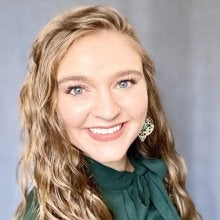
Clinical Assistant Professor
Department: Human Development and Quantitative Methodology
Alma Mater: University of Maryland
Amanda Burkholder’s research agenda covers three main areas: childrens’ and adolescents’ conceptions and evaluations of social inequalities; prejudice, bias, and social exclusion in multigroup contexts; and perspective taking and theory of mind in ambiguous situations. She is is a National Science Foundation postdoctoral research associate in the Social and Moral Development Lab and is working with Melanie Killen and Laura Stapleton on a prejudice reduction intervention study entitled “Promoting Intergroup Friendships and Reducing Prejudice in Childhood.”
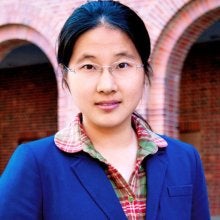
Postdoctoral Associate
Department: Human Development and Quantitative Methodology
Alma Mater: University of California, Los Angeles
Shujin Zhong’s research focuses on educational measurement, latent variable modeling, causal effects under selection on observables, social network analysis, and research design. She is also interested in the application of methods in the field of higher education and STEM education. Dr. Zhong’s work supports the NSF-funded Quantitative Research Methods Scholars Program. Dr. Zhong made the decision to join the College of Education because of the “opportunities to work with top-tier faculty and researchers in the field to pursue my research interests, and to fulfill my passion in teaching and training others.”
Department of Counseling, Higher Education, and Special Education (CHSE)
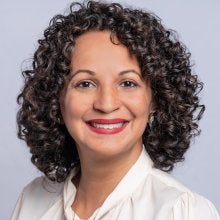
Clinical Assistant Professor
Department: Counseling, Higher Education, and Special Education
Alma Mater: University of Kansas
Jennifer Amilivia’s research focuses on educator development and preparation. Dr. Amilivia utilizes different research modalities to produce significant and well-designed research that positively impacts preservice and in-service early educators’ teaching ability and self-reflection skills. Dr. Amilivia aims to prepare early educators to effectively collaborate with families from culturally and linguistically diverse backgrounds, ensuring that families are included in decision-making processes that promote positive outcomes for their young children.
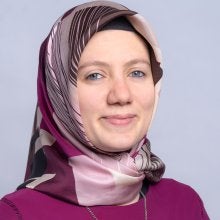
Clinical Assistant Professor
Department: Counseling, Higher Education, and Special Education
Alma Mater: Florida State University
Seyma Intepe-Tingir’s research interests include literacy skills, vocabulary intervention, reading comprehension, and early intervention for students with autism. Dr. Intepe-Tingir is also interested in using technology to improve reading skills for students with special needs including severe disabilities.
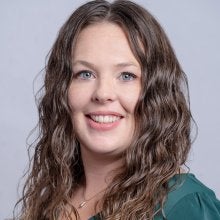
Postdoctoral Associate
Department: Counseling, Higher Education, and Special Education
Alma Mater: The Ohio State University
Robin Sayers’ research focuses on understanding individual differences in how teacher-child relationships are formed and their effects on children's school experiences. Additionally, Dr. Sayers is committed to engaging in practical and applicable research that supports educators in understanding and applying evidence-based practices in the classroom. Prior to entering graduate school, Dr. Sayers taught elementary school in North Carolina.
During this experience, “I realized the struggles many teachers had connecting to students whose lives were different from their own. My research seeks to support teachers in developing positive relationships with students so that all children feel supported and cared for in the classroom.”
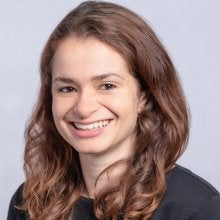
Postdoctoral Associate
Department: Counseling, Higher Education, and Special Education
Alma Mater: Boston University
Grounded in her experiences as a special educator in Boston and Chicago, Kristabel Stark’s research explores the working conditions and affective experiences of special educators. Through her research, Dr. Stark aims to identify the types of targeted training and support special educators need in order to equitably and sustainably meet their students’ individualized goals.
Central to Dr. Stark’s work is “a belief that teachers need to be healthy and supported in order to effectively nurture their students.”
Delida Sanchez
Visiting Associate Professor
Department: Counseling, Higher Education, and Special Education
Delida Sanchez’s work examines the intersection of mental and behavioral health disparities with racism and discrimination, particularly in Black and Latinx communities. She uses quantitative and quantitative methodologies to highlight the diversity within and across these communities, and her research shows how identity is related to perceived racism, mental health outcomes, and behavioral health patterns, focusing particularly on engagement in sexual risk behaviors and substance abuse. Dr. Sanchez joins us from the University of Texas at Austin, where she served as Associate professor and area chair. She also was a practicing psychologist for several years before beginning her faculty career, and these experiences greatly inform her teaching and research.
